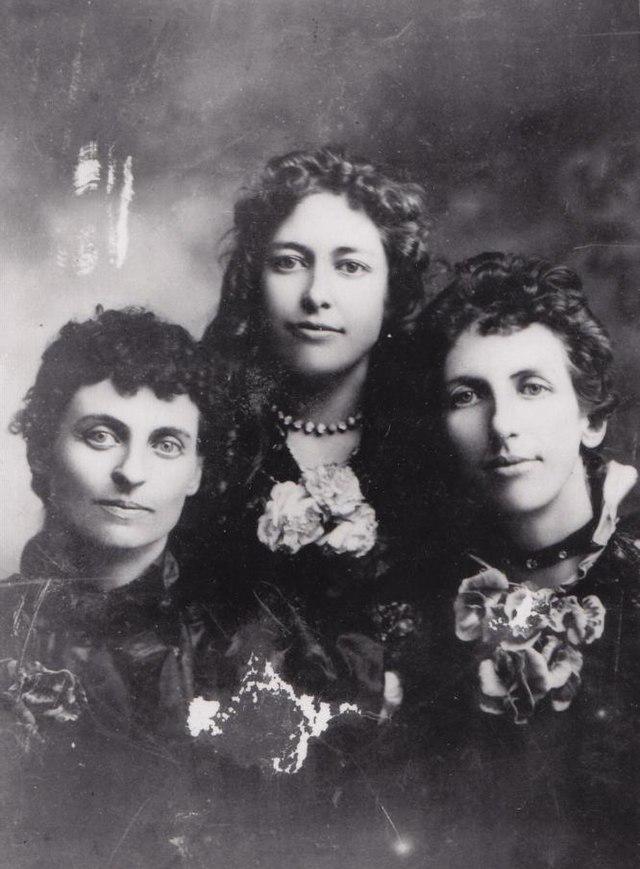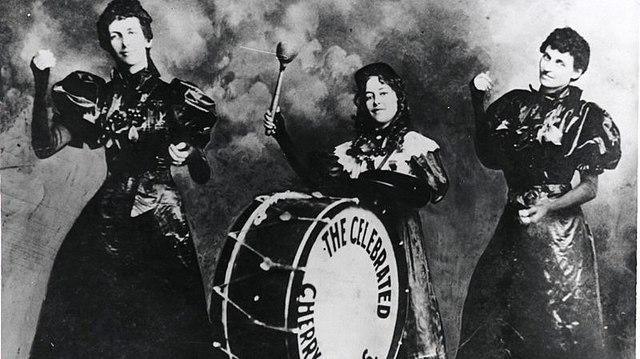80 years before Music City’s Cherry Sisters forever changed the soundtracks of virtually every major recording star, there were real sisters, Addie, Effie, Ella, Lizzie and Jessie, who, following the death of their parents took to the stages of vaudeville in what would come to be known as one of the worst acts on the circuit.
These Cherry Sisters, whose actual last name was, in fact, Cherry, became synonymous with terrible performances. In their act, “Something Good Something Sad,” they were regularly assaulted by audiences who threw vegetables and other debris at the sisters, disrupting virtually every performance.
In actuality, the Cherry Sisters included strong patriotic and religious selections, some re-arranged by the sisters and others, completely original music. But the fact that they had no training in music or for the stage and heralded from an impoverished family was reflected in their arrangements and acting. Their strict religious upbringing, which included one of the sisters being suspended from a cross in a mock crucifixion incited audiences who heckled and were occasionally violent in their disapproval.
In 1896 producer Willie Hammerstein brought the sisters to his “freak act” vaudeville theater where even there, they flopped.
The name “Cherry Sisters” was assigned to the Music City trio as an inside joke, because these Nashville Cherry Sisters were anything but terrible.

Press coverage of their act was brutal, but it was the coverage of a critic that was picked up by the Des Moines Leader that was the final straw for the sisters. When the review included such comments as, “three creatures surpassing the witches in Macbeth in general hideousness” the sisters filed a $15,000 suit for false and malicious libel.
The case was tried with lively coverage in 1898 and ultimately the sisters lost to the newspaper, with the courts holding that newspapers were obligated to report to the public their observations so long as there is no actual malice. They appealed to the Supreme Court of Iowa where the lower court decision was upheld in 1901.
Ironically, Cherry v. Des Moines Leader is considered a landmark case concerning the right of the press to publish critical analysis.
Various combinations of the sisters would continue to perform on the stage until 1938.
Over the decades, many references appear in stage, television and other shows when the conceit is that performers are just awful but somehow oblivious to just how bad they are. Two plays commemorated the Cherry Sisters.


